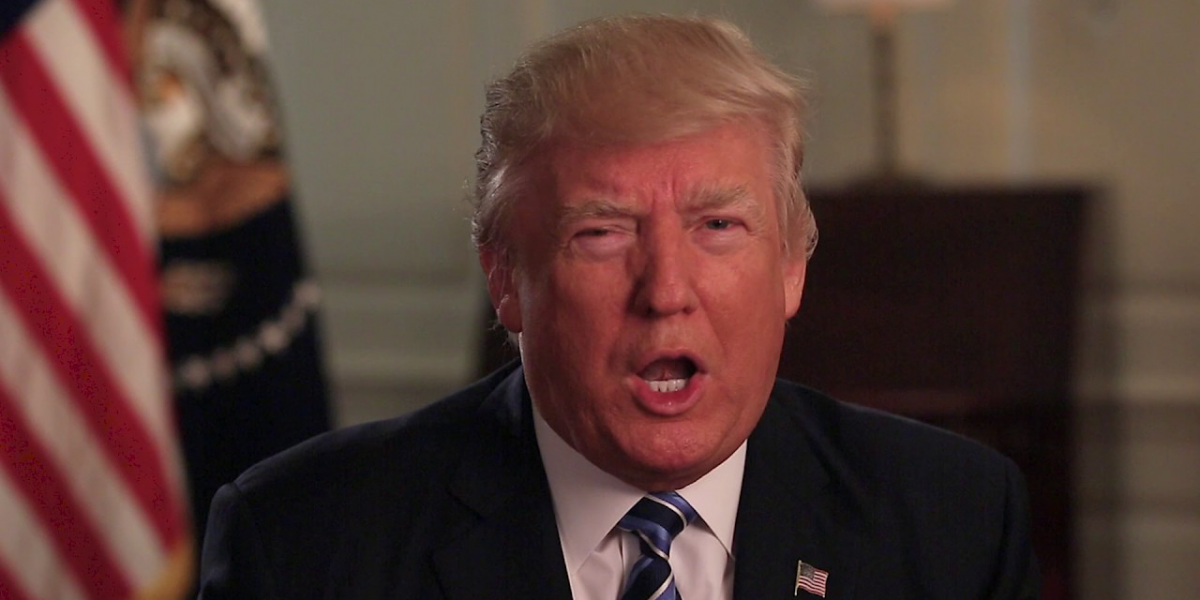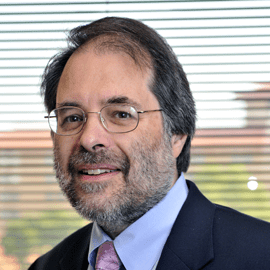
Some Thoughts about Media Rhetoric Pertaining to Alleged Trump Collusion with Russia
By Rick Cherwitz, Ph.D.
This essay is premised on the belief that scholars in communication have an ethical and professional obligation to leverage their knowledge for social good—to become what I have called “citizen-scholars” and what others have termed “engaged scholars.” Put simply, we must use our academic expertise not only to advance disciplinary knowledge but to make a difference in the world of prudential affairs.
Let me acknowledge at the outset that I did not vote for Donald Trump and disagree with the vast majority of his policies and actions. Nevertheless, I take seriously the presumption that one is innocent until proven guilty—whether the charge is legal or political—and therefore all judgments should be based on as complete as possible unearthing of the facts.
These political views notwithstanding, as a communication scholar who studies rhetoric, I believe it is possible to offer insights not owing to a specific partisan view. For the last forty years, I have been interested in the impact of language, particularly in political contexts. My assessment of the discourse of American presidents has been divorced from my own political views; I have criticized the rhetorical efficacy of presidents whose views resonate with my own, and I have applauded the rhetorical successes of those with whom I disagree.
Research in rhetoric clearly documents that the choice of what content to communicate and when, as well as how that content is linguistically framed, can make an enormous difference. In addition, the public often is not consciously aware of these effects, thus rendering the effects potentially more insidious and in need of exposure.

Consider a timely example, one that is especially timely in view of former FBI director James Comey’s revelations about his meetings with President Donald Trump.
In describing the emerging information about Trump and Russia, what some label “RussiaGate,” writers and political pundits frequently employ the “drip, drip, drip” metaphor and other Watergate metrics to understand what is happening, as well as to offer predictions. I contend that this language may be inaccurate and the Watergate analogy might be misleading. More importantly, this language may have serious and unintended consequences.
The strong and persistent stream of stories about potential wrongdoing by the Trump administration doesn’t seem analogous to the dripping of a leaky faucet. It is better described as an open fire hydrant. As scholars of communication, we must ask: Why is this linguistic difference noteworthy? Moreover, why might these rhetorical choices affect the ultimate outcome of the investigation?
Let me offer a couple of answers. First, the onslaught of stories normalizes and renders less salient inappropriate and perhaps illegal behavior. If every evening there is breaking news, and if consumers of 24/7 cable news programs and social media are inundated with incessant communication about these issues, won’t the public become, if they already aren’t, satiated—viewing accusations against Trump as ordinary and typical rather than unusual, worthy of close scrutiny and perhaps an appropriate response?
Second, doesn’t the sheer quantity of news stories at least give the appearance that allegations are primarily if not exclusively political calculations and hence part of a larger effort by those unhappy with the 2016 election outcome to attack and undermine the President?
While I do not subscribe to the belief that the latter characterization of the political motivation of journalists—whose credentials and track record on the whole are impeccable—is in fact true, I wonder if we are becoming so inoculated by media coverage, combined with the nation’s existing political polarization preventing many from acknowledging the truth, that Trump’s transgressions will be ignored or, worse yet, tolerated.

It is possible, for example, that careful and vigorous efforts by professionally astute journalists to do their job and discover the truth will actually backfire and have the opposite and unintended effect, subverting and hiding rather than exposing and revealing the truth? How ironic that would be! I hope this suggestion is an unfounded worry and that we will remain a country committed to finding the truth, allowing the facts to lead us to appropriate and fitting conclusions.
This commitment, however, requires us to be aware of the effects of communication. Hence, whatever emerges from the Russian investigation, the public must practice good rhetorical criticism, being sensitive to what is communicated and what language choices are made.
Regardless of our political affiliations and initial thoughts about Trump and the possibility of collusion, it is incumbent upon citizens to stand back and become cognizant of how language, even when we are not immediately or consciously aware of it, makes a difference—perhaps influencing important national decisions.
The public’s ability to do this, I have argued, necessitates that academics in communication function as engaged scholars, utilizing our expertise in a nonpartisan manner to inform and educate the citizenry about the obvious as well as subtle ways that political discourse has rhetorical influence.
References
- Cherwitz, Richard. "The Contributory Effect of Rhetorical Discourse: A Study of Language‑in‑Use." Quarterly Journal of Speech, 66 (1980), 33‑50.
- Cherwitz, Richard and Theobald-Osborne, John. "Contemporary Developments in Rhetorical Criticism: A Consideration of the Effects of Rhetoric." Studies I Honor of the 75th Anniversary of the Speech Communication Association. Gerald M. Phillips and Julia T. Wood, Eds. (Carbondale, Illinois: Southern Illinois University Press, 1989), pp. 52-80.
- Cherwitz, Richard and Hartelius, Johanna. “Creating Engaged Universities: What the Discipline of Rhetoric Teaches Us.” Journal of Higher Education Theory and Practice, 15 (7), 2016), 63-76.
- Compton, J., & Ivanov, B. (2013). Vaccinating Voters: New Directions for Political Campaign Inoculation
- Scholarship. In E. L. Cohen (Ed.), Communication Yearbook 37 (pp. 250-283). New York: Routledge (Taylor & Francis).
- Hartelius, Johanna and Cherwitz, Richard. “The Dorothy Doctrine of Engaged Scholarship: The Rhetorical Discipline ‘Had It All Along.’” Quarterly Journal of Speech, 96 (2010), 436-442.
- Vatz, Richard. "The Myth of the Rhetorical Situation." Philosophy and Rhetoric 6 (1973), 154-161.
Media Resource: Issue Experts
- Tommy Darwin, University of Texas-Austin
- Johanna Hartelius, University of Pittsburgh
- Joshua M. Scacco, Purdue University


